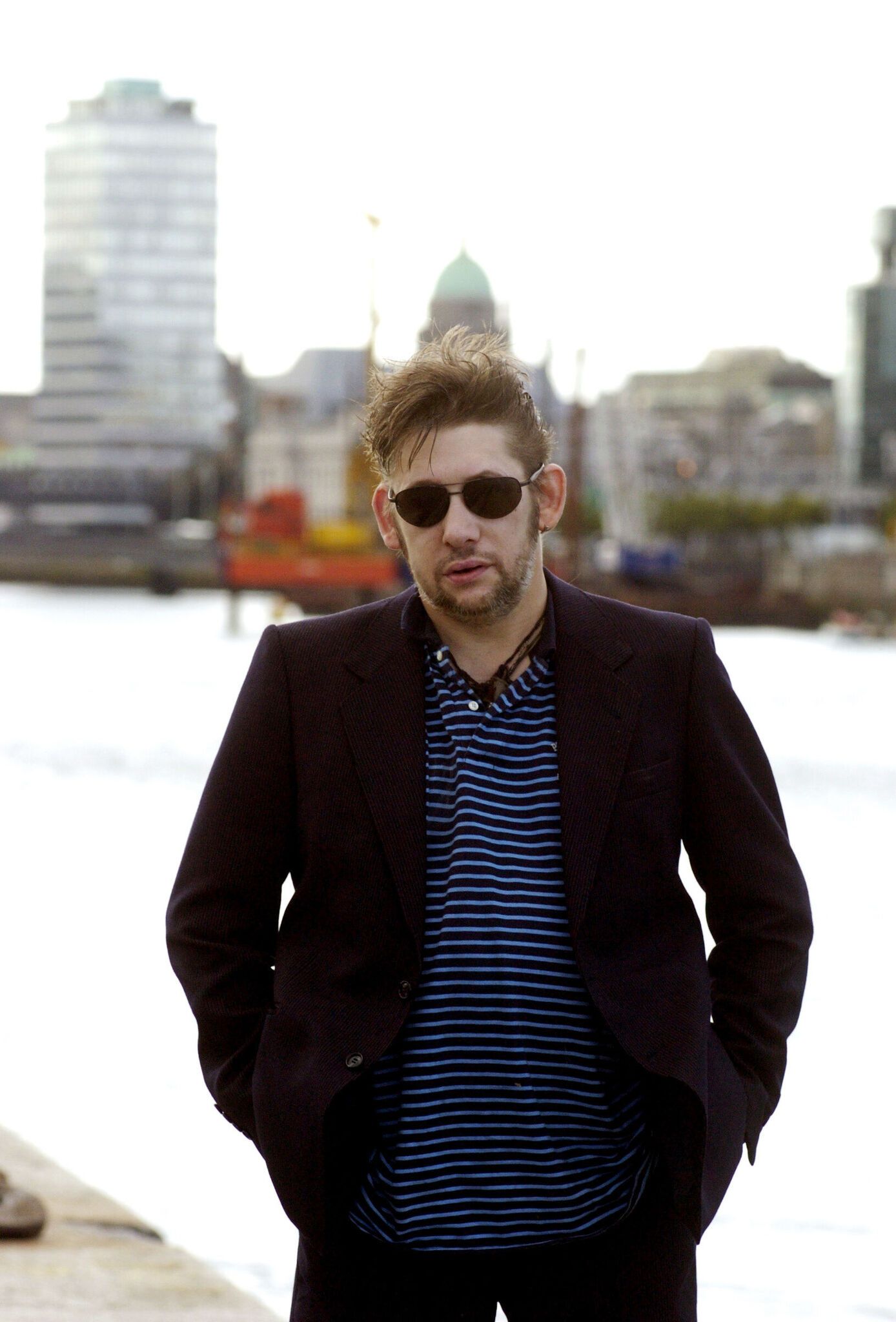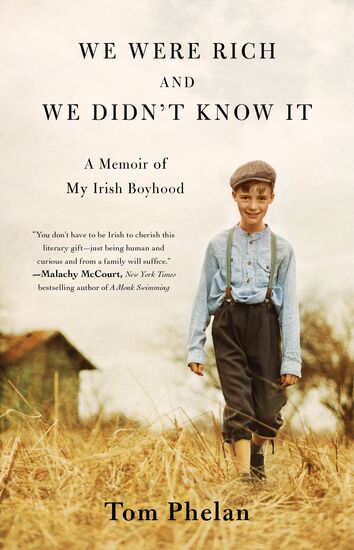The recent riots in Dublin, sparked by the stabbing of three children and a care assistant by a naturalized Irish citizen from Algeria, raised the question of whether simply living in Ireland makes someone Irish. But a week after the riots in Dublin, the sad passing of London Irish icon Shane MacGowan begs a related, but different question: what makes someone born and bred outside of Ireland Irish?
The first time I ever heard of Shane MacGowan and the Pogues, it must have been around 1988 at a family gathering in my cousin’s apartment in the Boulevard Gardens in Woodside. A garrulous 10-year-old, I was no doubt boasting of my first real album purchases, U2’s “The Joshua Tree,” followed in short order by “War.” My cousin, an ardent nationalist from Waterford who was involved with Cumann Na Saoirse Naisiunta, quickly complicated my fanboy notions: “You can have Bono. He’s too British. Now the Pogues, there’s a real Irish band.” Hearing the singer of “Sunday Bloody Sunday” described as British went beyond my young intellect, but in the years ahead I would come to understand what my cousin meant.
Bono, The Edge and Adam Clayton are Dublin Protestants, two of whom were born in England. And “Sunday Bloody Sunday” in Bono’s own words, “is not a rebel song.” Meanwhile, the Pogues song “Streets of Sorrow/Birmingham Six” is a scathing indictment of Thatcher-era treatment of suspected Irish republicans. Not to mention, The Pogues first album includes a haunting rendition of the Fenian love song “Kitty”, and Shane’s first solo album includes a cover of the United Irishmen ballad “The Rising of the Moon.” In an interview published in the May 2014 City Journal, Shane, born in England to Irish-Catholic emigrants, went so far as to lament having not joined the IRA during its bombing-campaigns of the 1970s.
But it is not just his nationalist bonafides. Shane MacGowan is the Poet Laureate of the Irish Diaspora because of his beautifully worded renderings of the good, the bad and the ugly aspects of the working class urban lives that so many Irish-Catholics emigrants and their children and grand-children experienced. For the young men with whom I grew up and roved about on Roosevelt Avenue and Queens Boulevard, songs like “Transmetropolitan” and “Boys from the County Hell” described our weekly escapades in language we never could have managed on our own:
“In the rosy parks of England/ We'll sit and have a drink/ Of VP wine and cider 'til we can hardly think/ And we'll go where the spirits take us/ To heaven or to hell/ And kick up bloody murder in the town we love so well.”
In “Streams of Whiskey,” a song which recounts a dream encounter with the writer Brendan Behan, Shane described the deceptive allure of the drinking life as well as anybody ever had:
“Oh the words that he spoke/ Seemed the wisest of philosophies/ There's nothing ever gained/ By a wet thing called a tear/ When the world is too dark/ And I need the light inside of me/I'll walk into a bar/ And drink fifteen pints of beer.”
The fact that whenever Shane had gigs around NYC he chose to drink his 15 pints of beer at The Irish Rover or The Quays, unassuming neighborhood bars in Astoria, only strengthened our love and admiration for him.
Besides pubs, the settings of his songs also included racetracks and building sites and jail cells. While “It was Christmas eve babe, in the drunk tank” is one of the most unforgettable opening lines in songwriting history, a less well-known song like “White City” tells the story of countless Irish neighborhoods that have vanished into history:
“Here a tower shinning bright/ Once stood gleaming in the night/ Where now there's just the rubble in the hole/ There the paddies and the frogs/ Came to gamble on the dogs/Came to gamble on the dogs not long ago/ Oh, the torn up ticket stubs/ From a hundred thousand mugs/ Now washed away with dead dreams in the rain/ And the car-parks going up/ And they're pulling down the pubs/ And it's just another bloody rainy day.”
Shane’s characters are no doubt a rogue’s gallery of drinkers and fighters, addicts and alcoholics, gamblers and good-for-nothings, bums and rent boys. In “The Problem with Shane MacGowan,” a perceptive essay published in The Irish Times in December 2020, Michael O’Loughlin argued that these characters and settings “hold up a mirror to the worst aspects of Irish emigration.” For O’Loughlin, “it is clear that Ireland has never fully embraced its diaspora because of the shameful aspects it brings with it.” Namely, Shane’s parents, my parents, maybe your parents, “left as refugees from an economic and social disaster.” O’Loughlin, borrowing a phrase from the poet Ian Duhig, calls the children of these emigrants “the hyphenated people.”
Shane describes the terrible nature of this hyphenated identity in “A Drink with Shane MacGowan,” a series of interviews that Shane’s wife, Victoria Mary Clarke, compiled into a book: “Irish kids my age got split down the middle, really heavily. They either decided they would never be English, however long they spent in England, they would always be Irish, or they became ashamed of their own parents and their own roots and believed the general belief that Paddys were stupid and violent and drunken.” Clearly, in England it was hard, if not impossible to be both Irish and English at the same time. For Shane and his parents, they could not be Irish in England and so they eventually returned home to Ireland. But reading this passage as a “free-born man of the USA” (the phrase is borrowed from the Pogues song “The Body of an American”), it is obvious that living with a hyphenated identity in the U.S. is much less of an existential dilemma than it is for those in the UK. While we know that to those in Ireland we will always be yanks and narrowbacks, Americans, not Irish, here in New York we can fully embrace the hybrid nature of our ethnic identities.
By the grace of God, and through the good fortune of being Irish-American, the boys from the county Queens with whom I was raised ended up doing a lot better than the lost boys and down-on-their-luck men of Shane’s songs. Honorable careers in the Police, Fire and Sanitation Departments, good union jobs as carpenters and electricians, white collar careers in accounting and publishing, a physical therapist, a college professor even. These days most of us are in exile in the suburbs, our kids, sheltered, we hope, from the vices particular to the old neighborhoods we left behind. But listening to The Pogues alone in our finished basements will always remind us of the beer-soaked and song-filled world in which we came of age. And listening, we proudly hyphenated people will sing along to Shane’s immortal lyrics, knowing that for us, being Irish has nothing to do with Irish birth or Irish residency, but has everything to do with the convulsions of Irish history that led our ancestors to leave, carrying with them to new worlds the vibrant Irish culture that Shane MacGowan embodied and that we have embraced.
Stephen Butler is Clinical Associate Professor, Expository Writing Program, New York University.








